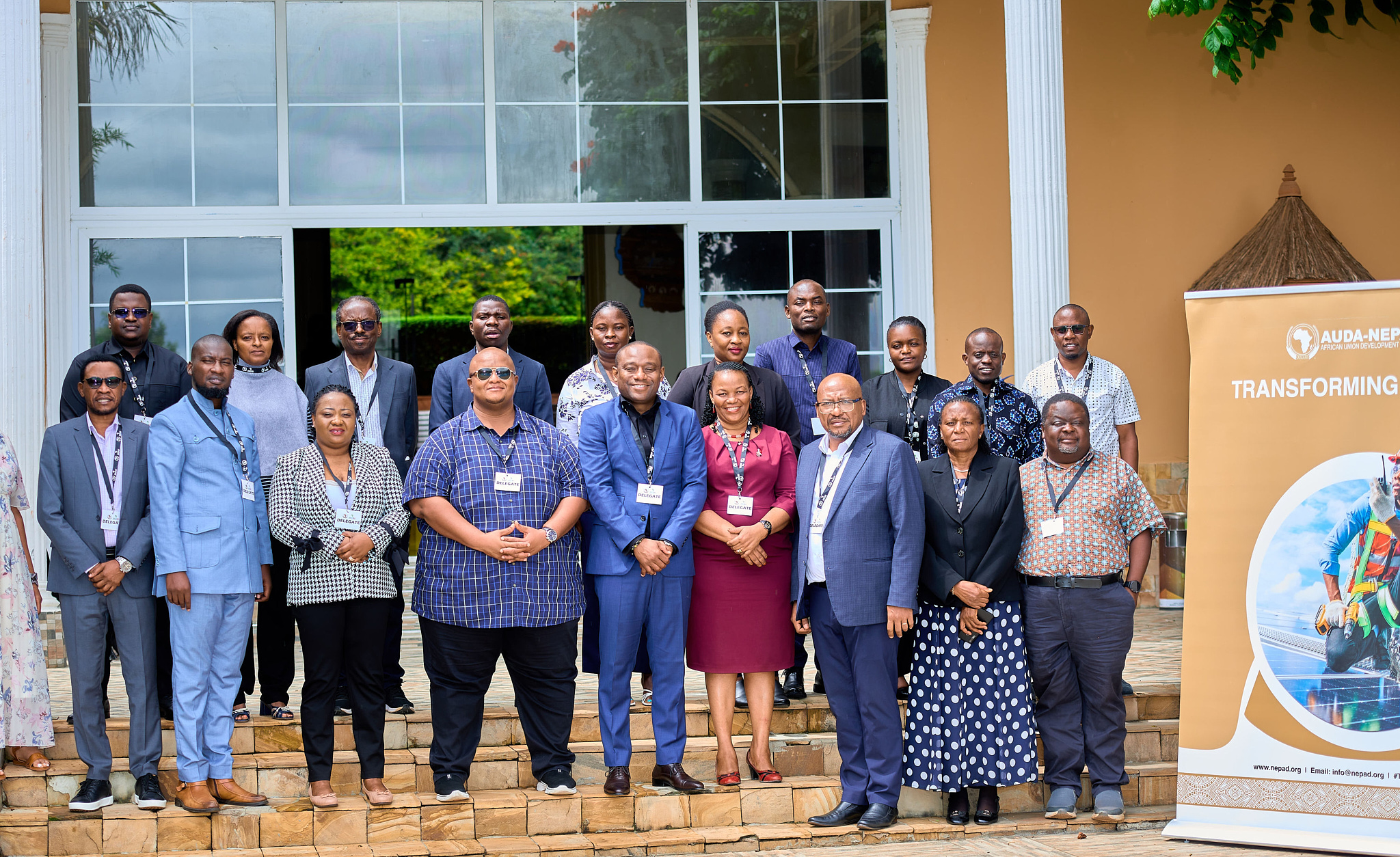
TRAINING: Ifakara, AU agency host biosafety workshop in Arusha

From May 19–20, 2025 the African Union Development Agency – New Partnership for Africa's Development (AUDA-NEPAD) in collaboration with the Ifakara Health Institute (IHI) organized a biosafety training workshop in Arusha, Tanzania, aimed at strengthening the regulatory capacities of Tanzania’s Institutional Biosafety Committee (IBC).
The workshop brought together IBC members and national decision-makers for two days of intensive training on emerging biotechnologies, with a focus on gene drive technologies for malaria vector control. The goal: to equip participants with the skills and knowledge needed to make informed, science-based decisions regarding the safe use of innovative tools in public health.
Spotlight on Vector Control Innovation
Issa Mshani, a research scientist at IHI, opened the scientific sessions with an overview of vector control initiatives across Eastern Africa, placing special emphasis on the current situation in Tanzania. This was followed by a presentation from Brian Tarimo, who delved into innovative vector control approaches—specifically gene drive technologies—and their potential to support malaria elimination efforts.
Comprehensive Training Approach
Key components of the training included risk assessment methodologies, regulatory frameworks, and practical case studies from countries such as Burkina Faso, Uganda, and Mali. Participants also explored outcomes from the recent CBD COP 16 meeting, focusing on voluntary guidance for risk assessment and management of gene drive organisms.
Building Knowledge for Informed Decision-Making
By the end of the workshop, participants were expected to be more familiar with risk assessment procedures, better informed on recent scientific advances in gene drive, and ready to contribute to the development of robust regulatory systems in Tanzania. The training also aimed to foster stronger regional collaboration in safely harnessing biotechnology for public health impact.
